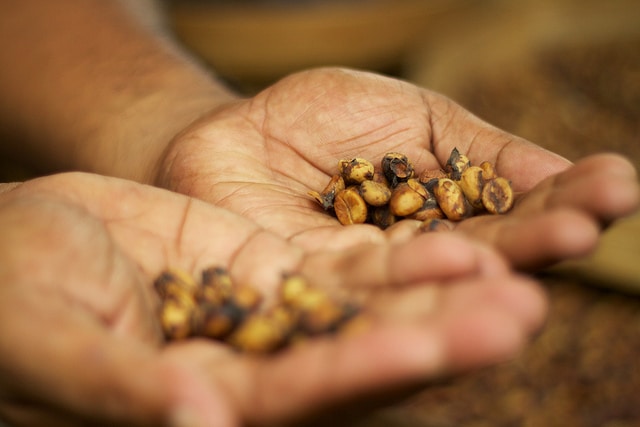
Bali, Indonesia. Prior to visiting, I pictured its white sand beaches as a haven for honeymooners and a hot spot for surfers.
While all of this exists on the southern end of the island, there are also areas where one can get away from the sunscreen-slathered tourists.
This is what I hoped to explore, and Ubud — the cultural heart of the island and a crossroad for traditional art, dance and music — was a great place to start.
Going Local On Tour
Life runs at a different pace when you’re living snuggled between rice paddies at the foothills of the steep Gianyar regency, and I wanted to submerse myself.
I’m skeptical of tours that promise to show the “real” life of locals, but when a friend and well-respected world traveler recommended Bali EcoCycle Tour, I decided to give it a chance.
It sounded too good to be true, especially when the company promised “throngs of Balinese children” lining the country roads, “calling out ‘hellos’ and wanting high fives on the way down”; however, the tour was everything promised and more.
We started with a breakfast of banana pancakes and black rice pudding, looking out over a crater lake reflecting an active volcano.
We swung like monkeys from enormous Bunyan trees, munching on bananas. We got stuck in the mud, hiking through rice paddies on our way to greet a cow so cute we never wanted to eat beef again. We were welcomed into a Balinese compound where women made traditional handicrafts and danced Gangham-style with local children, rocking out to an old-school radio.
Little piles of petals in bamboo boats literally lined the streets, doorsteps, and gutters of Ubud, as women made daily offerings to appease the gods and keep away the demons.
In the compound, we learned about Balinese Hindism — a unique facet of Bali compared to the rest of Indonesia — which houses one of the largest Islamic populations in the world.
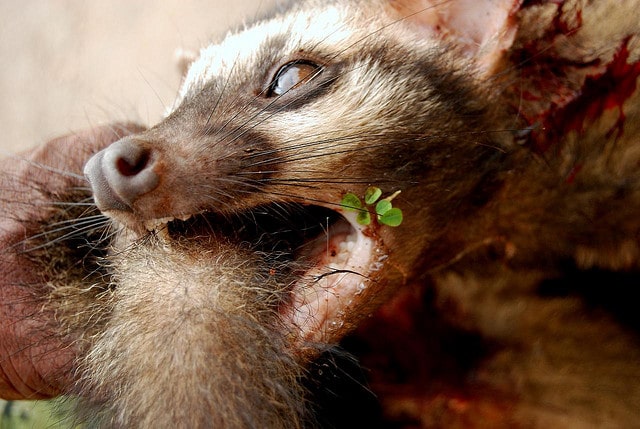
An Introduction To Kopi Luwak
While all these experiences were memorable, the highlight of the tour was trying Kopi Luwak, one of the most expensive and rare coffees in the world.
Kopi — the Indonesian word for coffee — Luwak comes from Sumatra, Java and Sulawesi in Indonesia’s Archipelago islands.
The beans that compose this coffee take an interesting path before the typical roasting, grinding, and serving into your cup.
Our tour guide introduced us to the residential Asian palm civet, the animal that makes the magic happen.
These cat-like creatures eat the highest quality beans, partially digest the food’s fleshy exterior and excrete what’s left (thus, “cat-poo-chino”).
These excreted beans are cleaned, fermented, dried, roasted, ground, and brewed to create the world-renowned coffee that is Kopi Luwak.
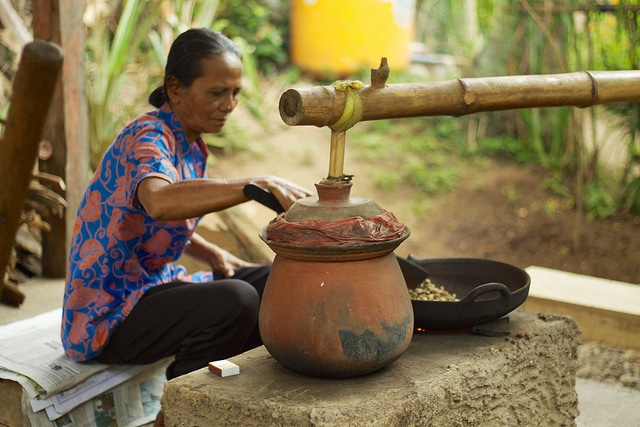
Legend has it that when Indonesia was a Dutch colony, plantation owners forbade workers from picking coffee beans for their own use.
Apparently, a curious — and potentially desperate — soul might have picked out beans left in droppings of the civet and roasted them into what became a luxury item.
Since only a limited amount of beans are harvested this way, Kopi Luwak became one of the worlds’ priciest specialty coffees, sold for up to $180 a pound. The acids and enzymes in the civet’s stomach are said to impart a syrupy, heavy, and full-bodied flavor and a musty earthiness that is highly valued by coffee connoisseurs.
There have even been efforts to exploit this lucrative market by making knock-offs that chemically mimic the effects of passing these beans through the digestive tract.
Supposedly, the chemical reactions due to acids and enzymes in the civet’s stomach lead to a unique taste and flavor.
It has been said by U.S.-based food and drink critic and coffee connoisseur Chris Rubin, “The aroma is rich and strong, and the coffee is incredibly full-bodied, almost syrupy,” he says. “It’s thick with a hint of chocolate and lingers on the tongue with a long, clean aftertaste. It’s definitely one of the most interesting and unusual cups I’ve ever had.”
Sampling Local Kopi Culture
While in Bali, I decided to subdue the slight nausea that came with imagining drinking a beverage that came out the rear end of a furball and ordered a cup.
A woman in traditional clothing constructed a water-boiling contraption and then poured me a mug of this thick consistency caffeinated concoction.
I braced myself for feline funkiness, but the coffee was pretty anti-climatic, in a good way. Although I wasn’t instantly transported into swirls of syrupy chocolate, it certainly wasn’t undrinkable.
I’m glad I tried it for the novelty, however, my future coffee orders will remain “cream and sugar, hold the digestive enzymes!”
About The Author
Katie Foote is a doctoral student who loves exploring the world every chance she gets. When she’s not satisfying her gypsy soul and itchy feet, she likes swimming, cooking international dishes, yoga and trying new things. She tries to live by Mark Twain’s quote: “Twenty years from now, you will be more disappointed by the things you didn’t do than by the ones you did do. So throw off the bowlines. Sail away from the safe harbor. Catch the trade wind in your sails. Explore. Dream. Discover.” Check out Katie’s blog to follow her adventures around the world.
Katie Foote
Latest posts by Katie Foote (see all)
- 8 Outstanding Conservation Safaris Around The World - Apr 12, 2022
- These 10 Women Whiskey Distillers Will Make You Crave A Manhattan - Dec 12, 2018
- Ethical Travel: Should You Visit Thailand’s Long Neck Women Villages? - Dec 9, 2018
- 8 Pioneering Vegetarian Vacations Around The World - Aug 13, 2018
- A New Perspective: Can Travel Help Reverse Alzheimer’s? - Aug 5, 2018

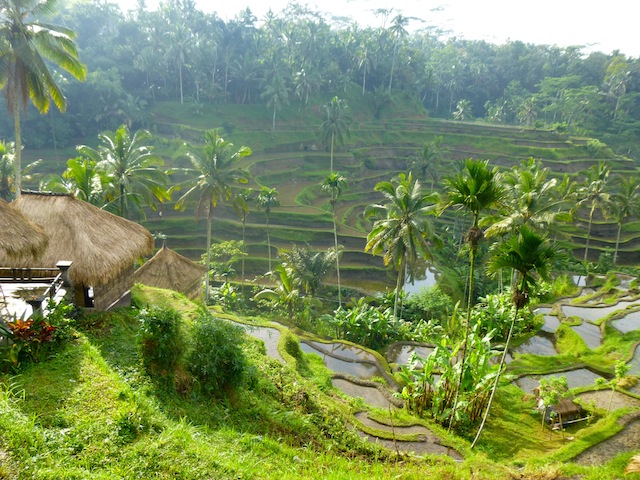

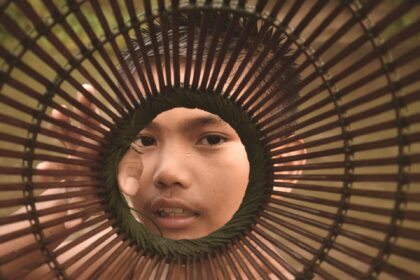

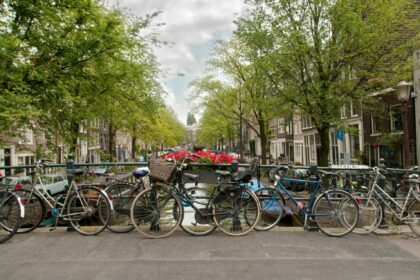

Katie,
Loved the blog – I don’t blame you re the coffee. You were brave to try – but PASS. The world is there for you to get – go for it!
Lots of Love,
Aunt Lucinda
p.s. I would like to plan a visit to Raleigh to visit you this winter!
Thanks Aunt Lucinda! I’d love to have you visit any time! I was actually thinking of maybe coming your way this winter, if I stay here over break. Talk to you soon!
Kopi luwak is cruel, especially when produced by civets in cages. Coffee cherries are not even a natural part of their diet. It isn’t something to promote at all.